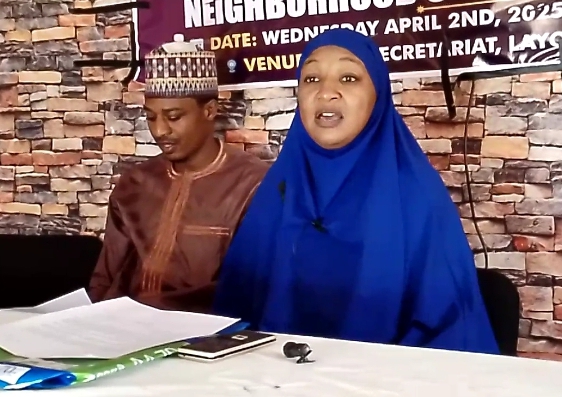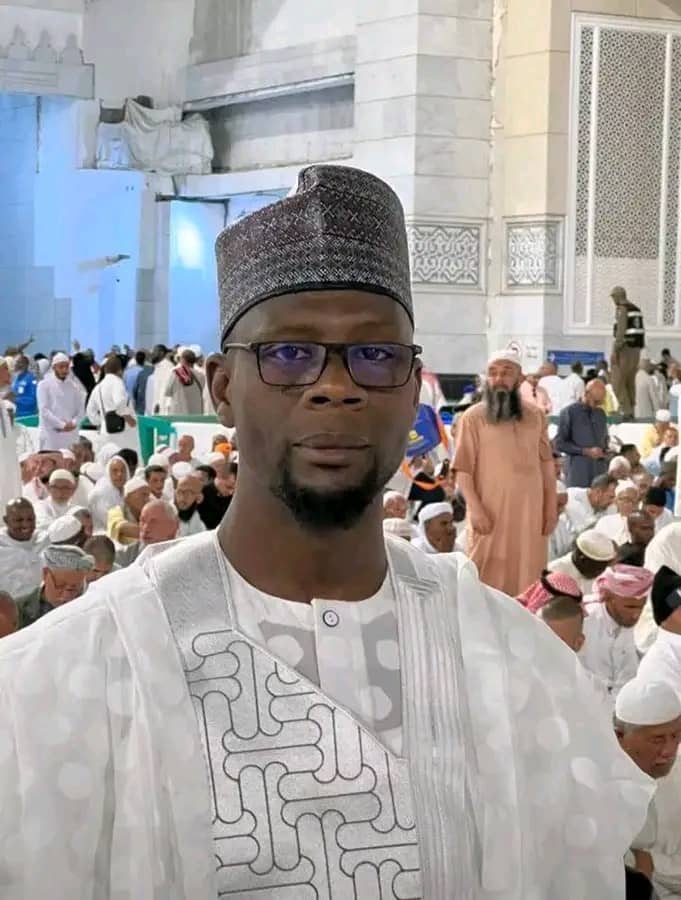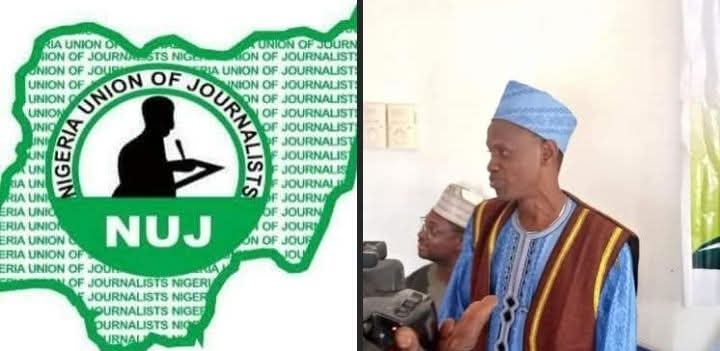The large field of potential candidates for the important position of Chairperson of the African Union Commission (AUC) a few months ago has dwindled by more than 50%. The number of rumoured and stated candidates, which included two previous presidents, a vice president, prime ministers, and ministers, has been reduced to only three.
They are Mahamoud Ali Youssouf, Djibouti’s foreign minister since 2005; Raila Odinga, a long-time opposition leader and former Kenyan prime minister; and Richard Randriamandrato, Madagascar’s former foreign minister.
The African Union (AU) summit of leaders of state and government in Addis Ababa in February will elect the chair to administer and lead the AUC, the AU’s secretariat and bureaucratic arm.
For the heads of state and government of the 55 member states, the chair is in charge of coordinating the political agenda and executive parts of the decision-making process.
The chair of the AUC is responsible for collaborating with regional economic communities and partners, promoting the AU’s aims, carrying out its decisions, and acting as the liaison between African common goals and external partners and international organizations.
The victor will be in office for four years, with the possibility of a second term, and must receive two-thirds of the nation’s votes.
Due to their experience, global exposure, political clout, and national support, all three contenders are qualified for the position. Additionally, they have shown a strong desire to lead the political body, as seen by a live, broadcast debate in December 2024 that introduced the candidates to the public.
The heads of state and government who will vote for the chair will not base their choices on the debate, and no official ranking was conducted after the event.
From 2002 to 2003, Amara Essy, a former Ivoirian diplomat and the Secretary-General of the Organization of African Unity (OAU), served as the AUC’s acting chairperson. Alpha Konare, the former president of Mali from 2003 to 2008, replaced him, and Jean Ping, the former foreign minister of Gabon from 2008 to 2012, succeeded him. Ping turned over the chair to former South African Foreign Minister Nkozasana Dlamini-Zuma (2012–2017), who was succeeded by former Chadian Prime Minister Mahamat Faki.
OAU’s transfer to the AU was overseen by Essy. He lacked the political clout, nevertheless, to guarantee himself the chair.
Konare, nevertheless, was only in office for one term. His leadership and managerial style caused issues for numerous heads of state. Konare’s tenure expired in 2008 due to the political weight and seniority of a former head of state, which helped him secure the position.
South Africa invested significant funds to support its candidate, Dlamini-Zuma, when it chose to run against Ping in 2012 following his first term. The entire southern African area was mobilized to support the nomination by South Africa.
The fact that South Africa chose to ignore the unwritten rule that the five countries that provide the most to the AU budget—Algora, Egypt, Libya, Nigeria, and South Africa—should not run for the highest position on the commission alarmed many other nations.
In January 2012, the voting process came to a standstill. After numerous voting rounds, Ping was ahead of Dlamini-Zuma, but neither candidate received the necessary two-thirds majority of votes to win. As a result, the election was rescheduled for July.
The absence of Nigerian President Goodluck Jonathan, who was coping with a heightened domestic insurgency, and Ethiopian Prime Minister Meles Zenawi, who was undergoing treatment overseas, was perceived as contributing to Ping’s defeat. They were both ardent Ping followers.
Dlamini-Zuma decided to only hold office for one term. The 16-round election for a new chair took place in July 2016; however, none of the numerous contenders received the necessary two-thirds of the vote.
Some commentators came to the conclusion that Mr. Faki’s victory in 2017 was ultimately due to the fact that Idriss Deby, the president of his nation, was the African Union’s outgoing chairperson. In his capacity as foreign minister, Faki oversaw the AU’s Executive Council.
Countries vote on a variety of issues in the AUC chair election. Among the most notable are: the candidate’s nation’s consistent, unwavering political and material support; the backing of the continent’s major economies, which might strengthen the regional bloc; and successful diplomatic discussions, particularly during the voting rounds.
Voting may be influenced by a country’s position on African and international issues, such as pro-Western Sahara against pro-Morocco, the Israel-Gaza conflict, and the divergent support for Russia versus the USA on Ukraine.
Youssouf (59) of Djibouti has developed a network of political allies and support through his years of continuous service as foreign minister, which began in 2005. Additionally, he serves as a substitute for nations that might perceive that Kenya controls the region.
The third candidate, Randriamandrato (55), of Madagascar, was the country’s minister of finance and economy from 2018 to 2021. From March to October 2022, he briefly held the position of foreign minister. He might become a “dark horse” who steals votes from Kenya and Djibouti and is prepared to either become the compromise candidate or take advantage of the situation to pursue other political goals.
Southern, Central, Eastern, Western, and Northern Africa are the five areas that make up the African Union. Since its founding in 2002, only the Northern and Eastern regions have failed to produce chairs for the Commission. The Eastern area, which is predicted to produce the next chair, is home to all three of the candidates.
In the past, only one person from the English-speaking group has held this position; the other four came from French-speaking African nations. The position has not been held by Portuguese-speaking or Lusophone nations. Kenya is Anglophone, while Madagascar and Djibouti are Francophone.
The AUC chair’s personality, which represents Africa at numerous international fora, will contribute to the AU’s relevance.
Regardless of the election outcome, the continental organization will face both internal and foreign problems. These include bolstering the organization’s shaky finance base, energizing the undermotivated employees, and simplifying duties among the AUC’s elected senior executives.
More importantly, the foundation of a successful continental organization like the AU is made up of strong and competent African nations.
Makinwa is AUNIQUEI Communication for Leadership’s chief executive officer.





